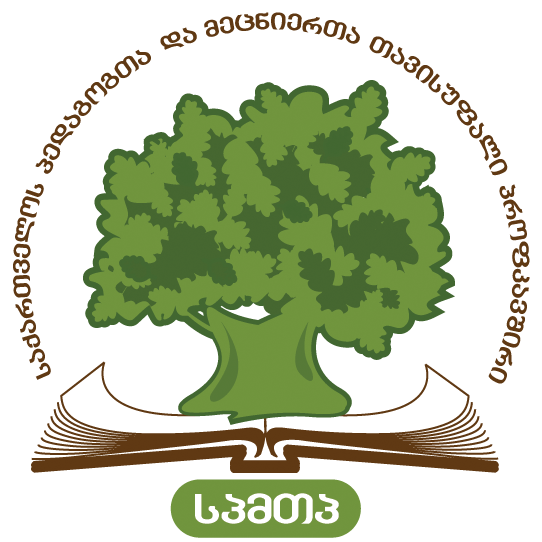At the concluding session of the European Economic and Social Committee (EESC), with 63 votes in favor (none against, no abstentions), the following Opinion was adopted:
“Strengthening European values in candidate countries by supporting the public service sector and empowering social partners and civil society organizations.”
From Georgia, the project’s working group included: Maia Kobakhidze, President of the Educators and Scientists Free Trade Union of Georgia (ESFTUG); David Kereselidze, representative of the Employers’ Association; and Kakha Gogolashvili, Director of the Georgian Foundation for Strategic and International Studies.
During the debate, Committee members highlighted Georgia as the best example of social dialogue and social partnership, expressing their gratitude to the Georgian delegation and, as a gesture of respect, declaring: “Thank you SAQARTVELO!”
For information: the parties to social dialogue and collective bargaining are the employer and the trade union. One of the EU’s core requirements for candidate countries is the recognition of trade union rights and the obligation to institutionalize social dialogue and social partnership. As you know, the representative, multi-thousand-member organization of teachers – the Educators and Scientists Free Trade Union of Georgia (ESFTUG) – is officially recognized as a social partner at the national level.
Below we present excerpts from the Opinion adopted by the EESC, which underline the importance of trade union rights and teachers’ support for European integration:
Social partners, representing both employers and employees – especially from the public sector – must be recognized as key actors of public trust, democratic institutions, and effective social dialogue.
• Convention No. 87 on Freedom of Association,
• Convention No. 98 on the Right to Collective Bargaining,
• Convention No. 144 on Tripartite Consultations.
These conventions affirm the importance of social partners and ensure structured dialogue at the national level.
• how public sector employers and trade unions have constructively supported reform and institutional development processes;
• how mechanisms of social and civil dialogue have contributed to the protection of fundamental rights and the strengthening of democratic institutions.
For reference: the European Economic and Social Committee (EESC) is a consultative body of the European Union, composed of representatives of employers, employees, and civil society organizations.
Respectfully,
Educators and Scientists Free Trade Union of Georgia (ESFTUG)


